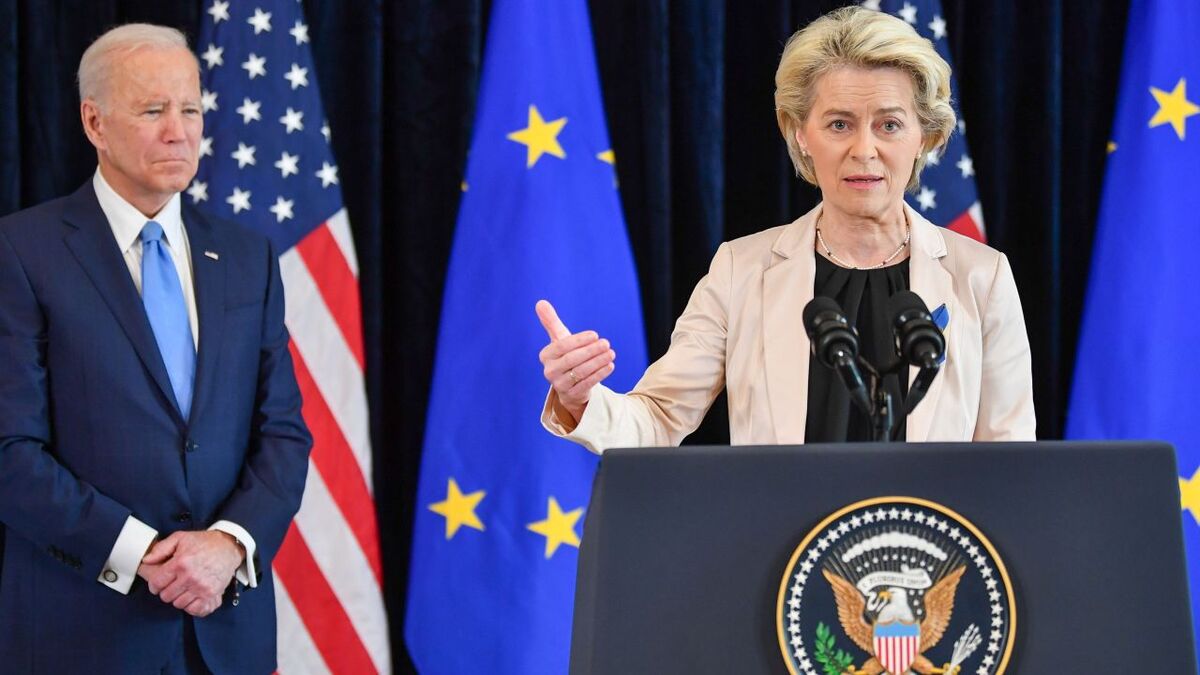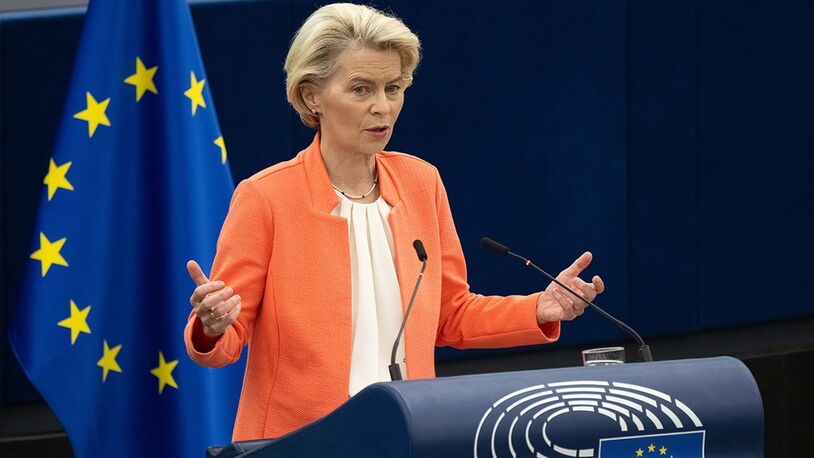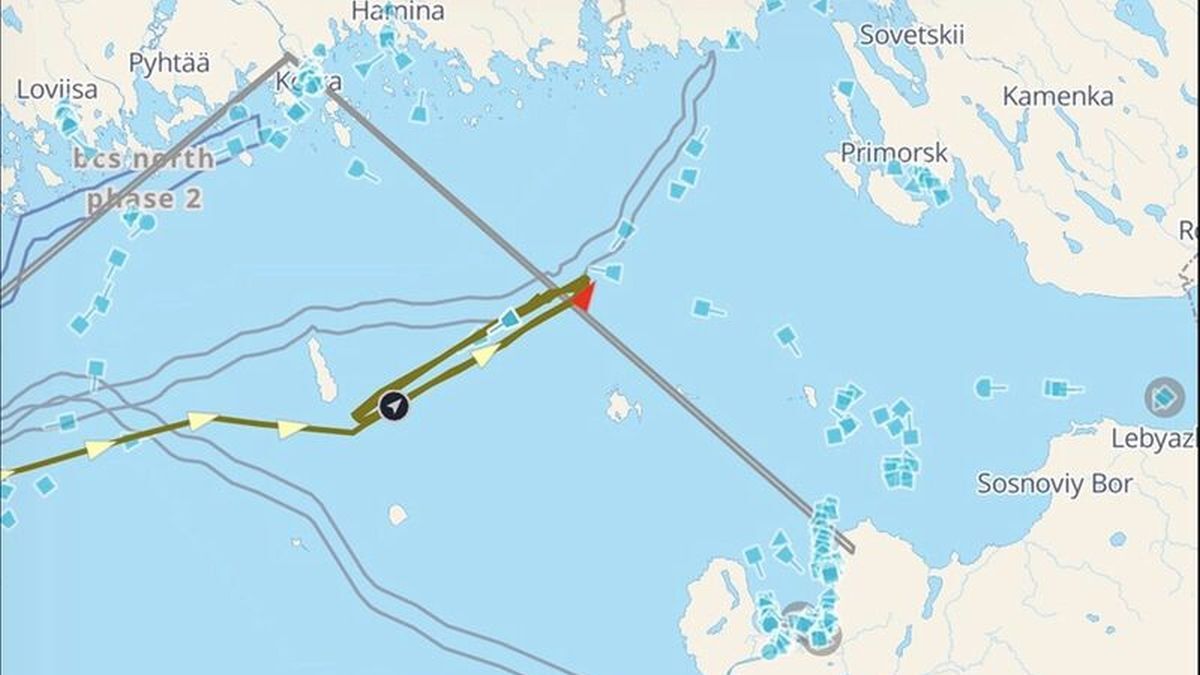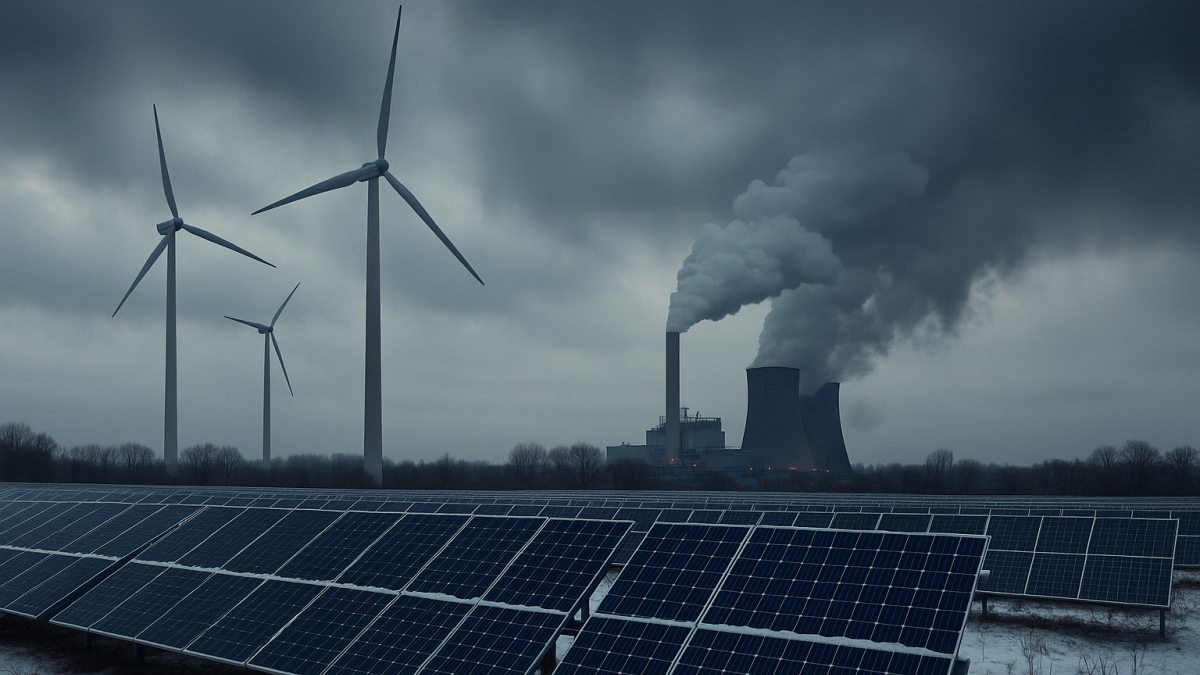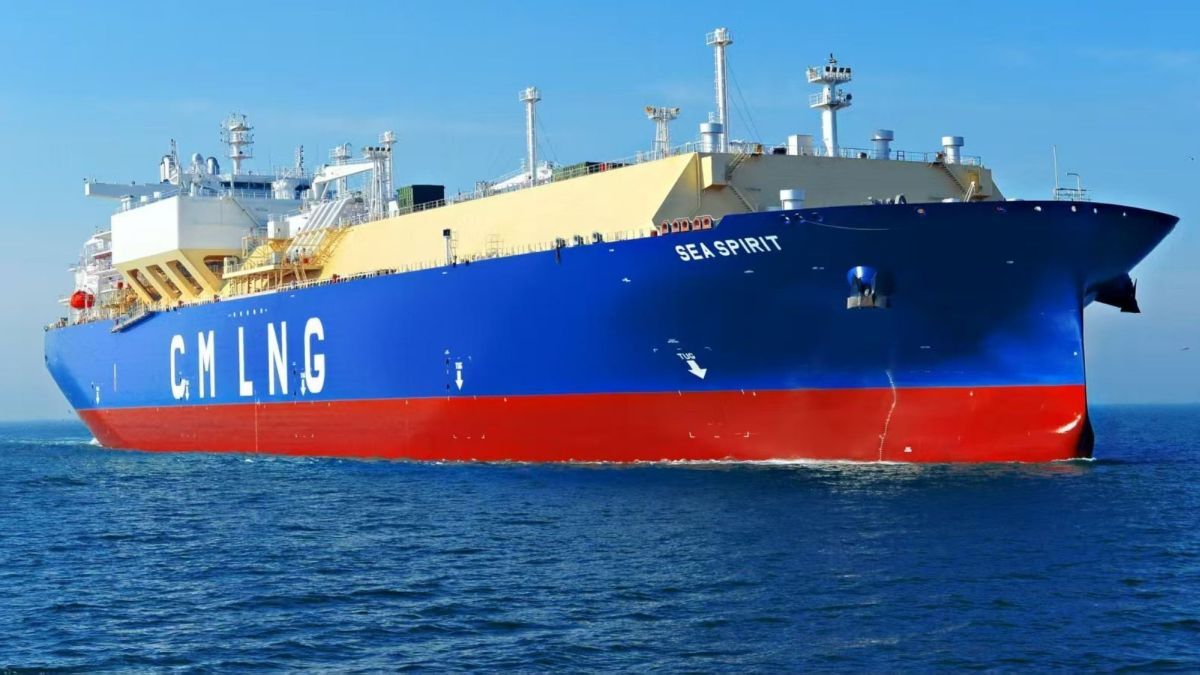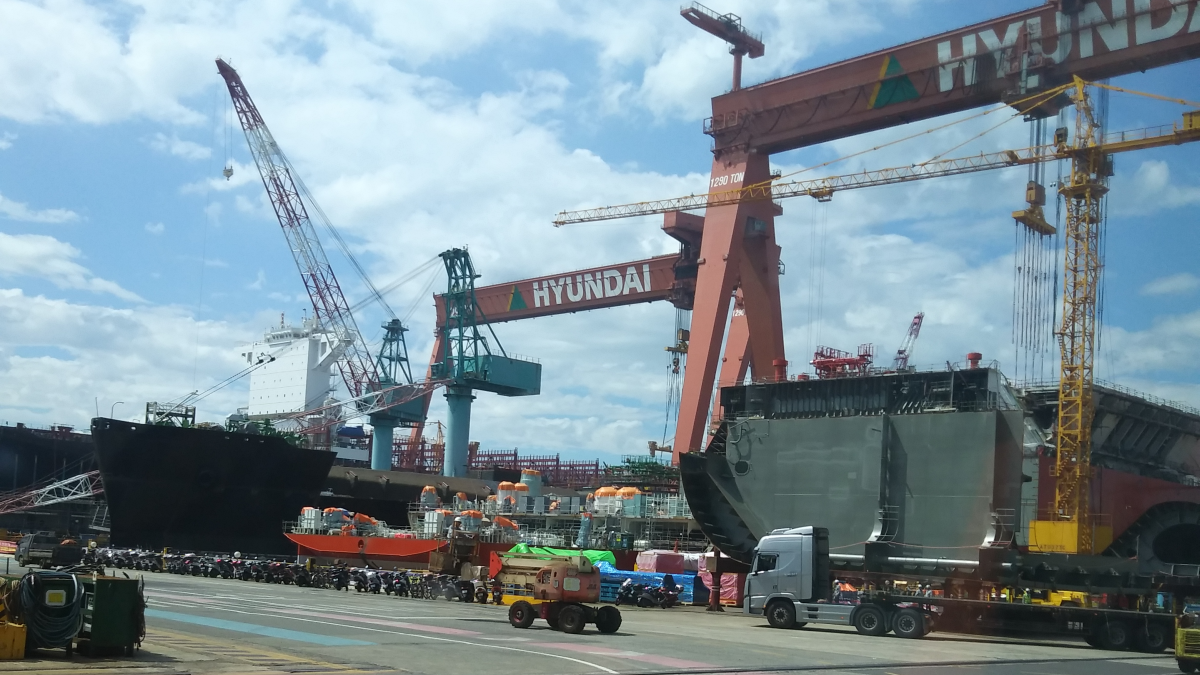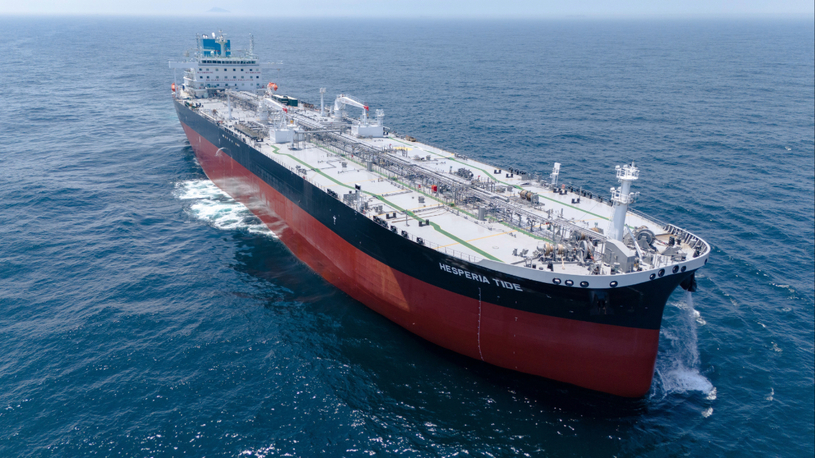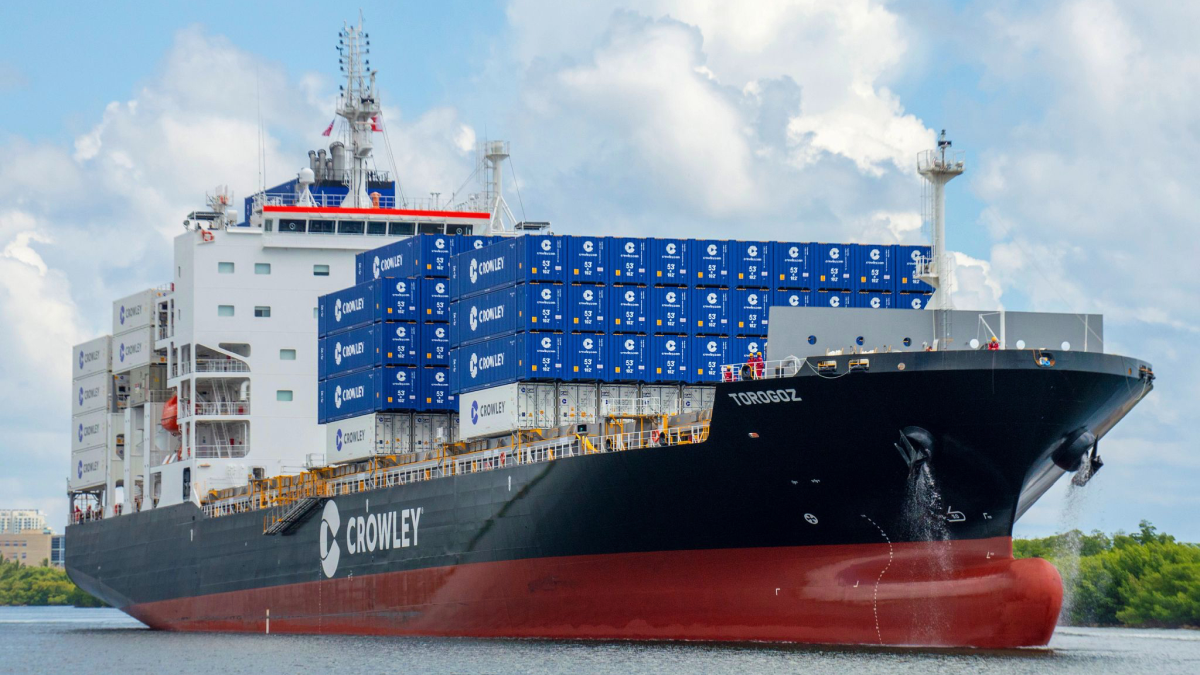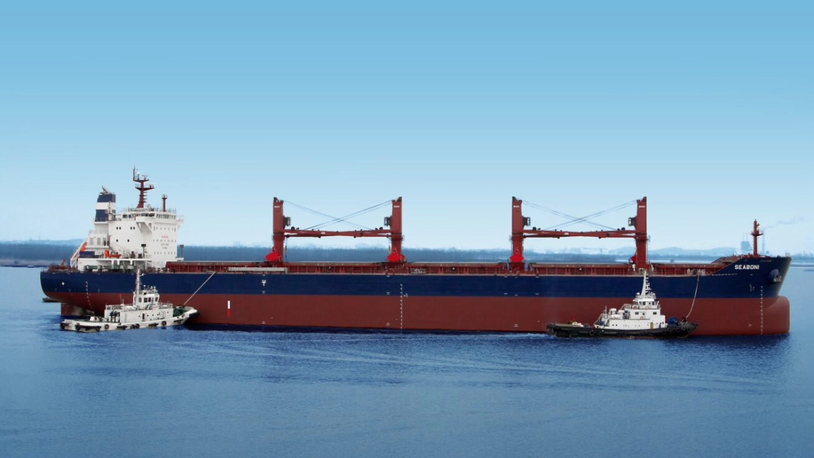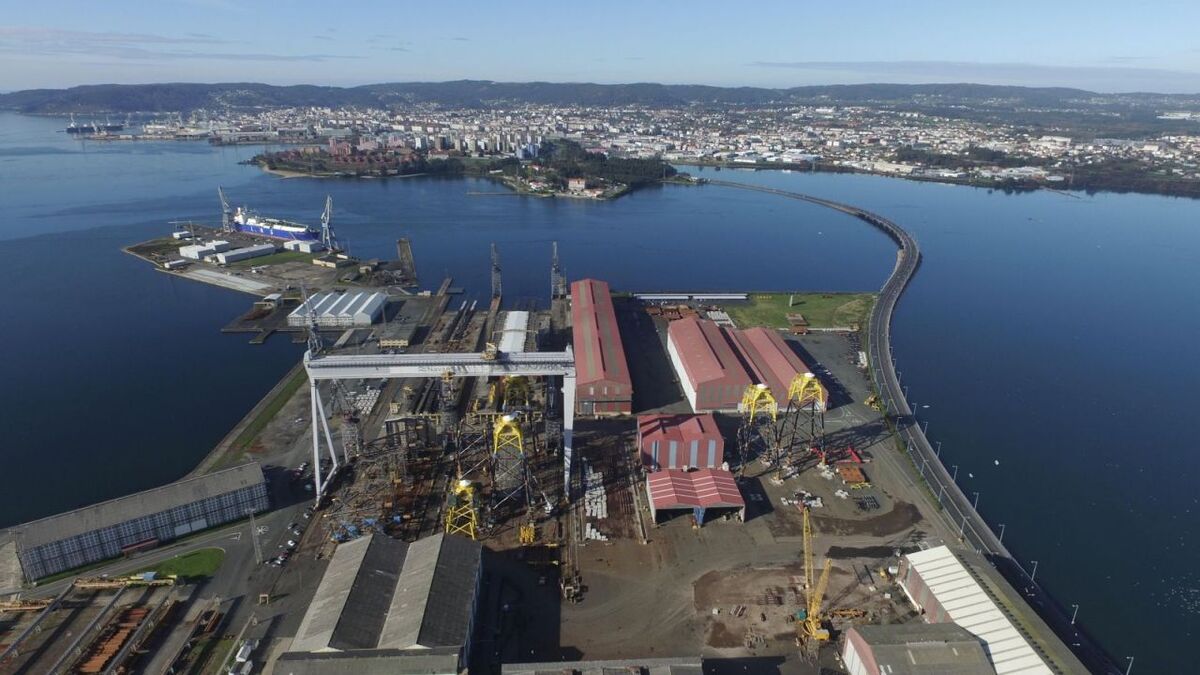Business Sectors
Events
Contents
Restrictions on Russian oil cause tanker traffic tie-ups
Reports of snarls and congestion in Turkish waters have followed the onset of G7-backed price cap, EU ban on Russian crude
As the 5 December date that had been circled on calendars around the tanker markets for months arrived, reports of snarls and congestion around the Bosphorus and Dardanelles Straits on either side of Tukey’s heavily transited Sea of Marmara quickly followed.
As part of its sixth sanctions package in response to Russia’s war against Ukraine, the EU announced in June that it would ban the import of seaborne Russian crude oil from 5 December. And, just days before the ban began, along with the EU and Australia, the group of seven advanced economies (G7), consisting of Canada, France, Germany, Italy, Japan, the UK and the US, agreed a price cap on Russian crude purchases for third-party buyers of US$60/bbl.
While various bans on imports of Russian energy remain in place for the EU and other members of the G7, the price cap, reportedly pushed heavily in G7 meetings by the US, is intended as a secondary measure to reduce Russian oil revenue while still allowing G7 and EU operators to transport Russian oil, with the threat of falling afoul of sanctions for those who buy crude above the agreed cap.
China, Russia’s biggest client for crude oil exports in the months following Russia’s invasion of Ukraine and the Western sanctions that followed, said it would continue to purchase Russian energy.
Turkey, another key Russian trading partner, announced that from 1 December, it would require additional documentation for vessels transiting its waters. The new requirements, according to maritime insurers such as Norway-based Skuld P&I, are too extensive to allow clubs to comply.
"The Turkish Government’s requirements go well beyond the general information that is contained in a confirmation of entry letter. It requires a P&I Club to confirm that cover will not be prejudiced under any circumstances, including where there is a sanctions breach on the part of the assured, whether knowingly and intentionally or unknowingly and unintentionally. Issuing a confirmatory letter under these circumstances would expose the Club to a breach of sanctions under EU, UK and US law and as such the Clubs cannot comply with the Turkish Authority’s request," a statement posted on Skuld’s website read.
In effect, the new Turkish restrictions are targeting tankers trading in Russian crude, and have led to many tankers facing delays in crossing between the Black Sea ports to the Mediterranean through the Turkish straits.
While Reuters has reported that officials from the UK, US and EU are in talks with their Turkish counterparts, the impasse is the first difficulty to become apparent from the complex and far-reaching effects of the price cap.
As written, the price cap allows for a grace period for Russian oil cargoes loaded before 5 December, meaning the cargoes are exempt from the price cap rules so long as they are unloaded by 19 January 2023, but Bloomberg has reported that energy major Shell has already sent letters to its tanker brokers, asking them to source tankers that have not previously loaded Russian crude.
As shipbrokers Poten & Partners wrote in their tanker analysis in early November, the result of restrictions on Russian oil could also cause substantial growth in a so-called ’dark fleet’ of tankers working outside the rules imposed by the G7 and linked Western countries.
"This dark fleet may grow substantially when the free flow of Russian oil is further restricted due to the implementation of the EU import ban and the G7 oil price cap, especially since President Putin has indicated he will not sell oil under the price cap mechanism. In apparent anticipation of the need for a larger dark fleet, sales of secondhand tankers have been brisk this year, despite the fact that prices for older vessels have increased markedly over time. At least 60 VLCCs, 42 Suezmaxes and 93 Aframaxes have changed hands year-to-date, with an average age of more than 15 years," the Poten analysis said.
And, as Poten noted, in recent weeks, the tanker market has seen multiple incidents that have highlighted the potential risks associated with using older tonnage to transport crude oil and petroleum products, particularly in unregulated or sanctioned trade.
More recently, Poten analysts wrote that, while the onset of the ban and EU sanctions will provoke unexpected outcomes in the short-term, "after a few days or weeks, the situation will settle down and it will become clear how and to whom the Russians will export their crude oil. We will also see where the EU will source their crude."
"Everything else being equal, both developments will likely lead to more tonne-mile demand for tankers in 2023," the article said.
"In addition to more tonne-mile demand, we may see more inefficiencies and lower fleet utilisation if the dark fleet gains market share in the Russian export market. Newbuilding deliveries in 2023 are also muted, so this will set the stage for a continued strong, but volatile tanker market next year."
Riviera Maritime Media has a comprehensive conference programme for the remainder of 2022 and will provide free technical and operational webinars in 2023. Sign up to attend on our events page
Related to this Story
Events
Offshore Support Journal Conference, Americas 2025
LNG Shipping & Terminals Conference 2025
Vessel Optimisation Webinar Week
© 2024 Riviera Maritime Media Ltd.


